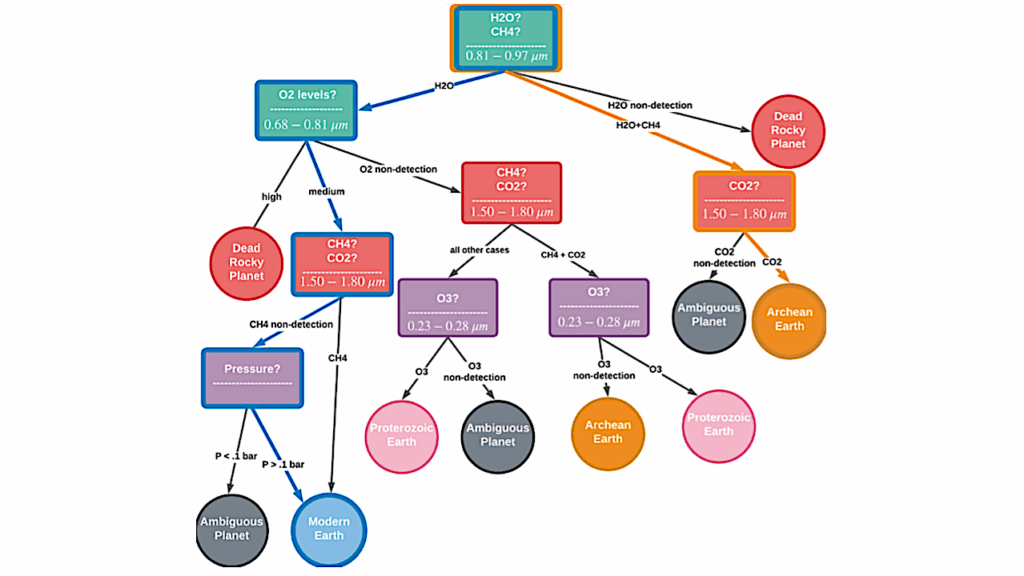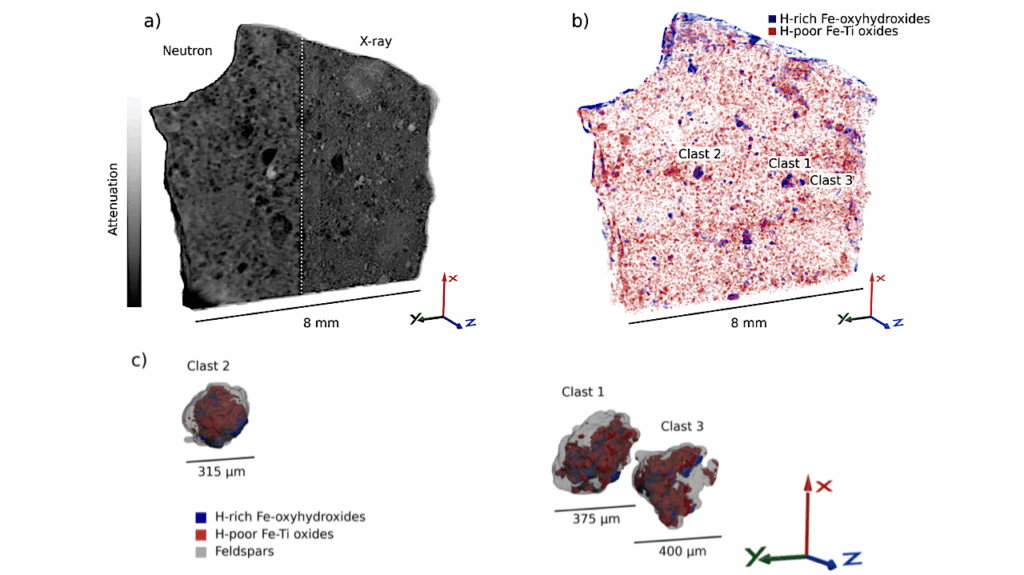Carbon Cycling And Habitability Of Massive Earth-like Exoplanets

As the number of detected rocky extrasolar planets increases, the question of whether their surfaces could be habitable is becoming more pertinent. On Earth, the long-term carbonate silicate cycle is able to regulate surface temperatures over timescales larger than one million years.
Elevated temperatures enhance weathering, removing CO2 from the atmosphere, which is subducted into the mantle. At mid-ocean ridges, CO2 is supplied to the atmosphere from the interior. The carbon degassing flux is controlled by the melting depth beneath mid-ocean ridges and the spreading rate, influenced by the pressure- and temperature-dependent mantle viscosity. The influences of temperature and pressure on mantle degassing become increasingly important for more massive planets. Here, we couple a thermal evolution model of Earth-like planets of different masses with a model of the long-term carbon cycle and assess their surface temperature evolution.
We find that the spreading rate at 4.5 Gyr increases with planetary mass up to 3 M⊕, since the temperature-dependence of viscosity dominates over its pressure-dependency. For higher mass planets, pressure-dependence dominates and the plates slow down. In addition, the effective melting depth at 4.5 Gyr as a function of planetary mass has its maximum at 3 M⊕. Altogether, at 4.5 Gyr, the degassing rate and therefore surface temperature have their maximum at 3 M⊕. This work emphasizes that both age and mass should be considered when predicting the habitability of exoplanets. Despite these effects, the long-term carbon cycle remains an effective mechanism that regulates the surface temperature of massive Earth-like planets.
Amanda Kruijver, Dennis Höning, Wim van Westrenen
Subjects: Earth and Planetary Astrophysics (astro-ph.EP)
Cite as: arXiv:2110.03295 [astro-ph.EP] (or arXiv:2110.03295v1 [astro-ph.EP] for this version)
Submission history
From: Amanda Kruijver
[v1] Thu, 7 Oct 2021 09:30:00 UTC (17,482 KB)
https://arxiv.org/abs/2110.03295
Astrobiology








